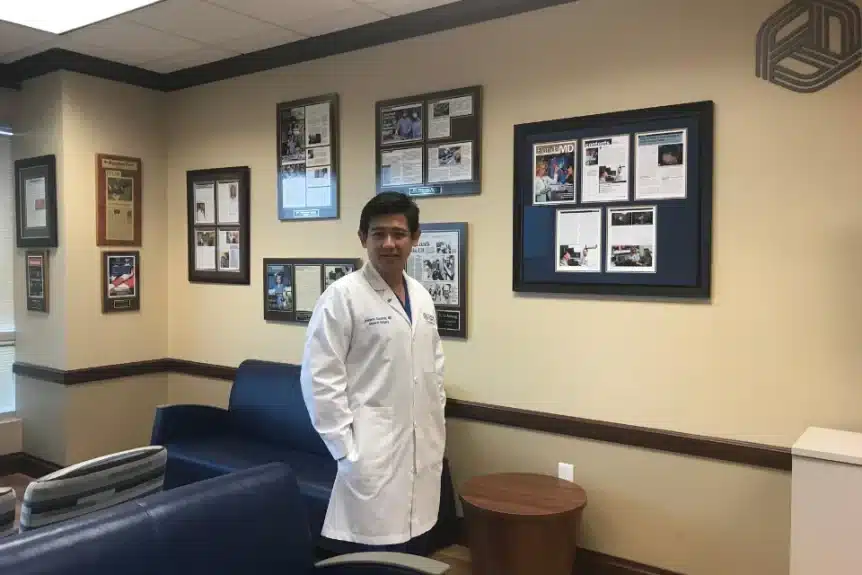
Dr. Iswanto Sucandy is Appointed as Full Professor of Surgery
As per January 2024, Dr. Sucandy has been promoted from the rank of Associate Professor to Full Professor of Surgery of University of Central Florida. Education for young medical students, residents, and surgeons is a key part of being a surgeon educator and clinician such as Dr. Sucandy. In surgery, the academic rank ranges from Assistant Professor, Associate Professor and ultimately Full Professor. A promotion between each rank is a major academic step which requires evidence of academic contribution, teaching excellence and clinical competence within surgical specialties/subspecialties.
At the beginning of Dr. Sucandy’s academic appointment with University of Central Florida was at the level of an Associate Professor of Surgery. At his current institution, Dr. Sucandy works with general surgery residents from Ocala Regional Medical Center and Osceola Medical Center. These young doctors are at their first or third year of their general surgery residency. Dr. Sucandy teaches them the art of surgery in the operating room, which can only be given by practicing surgeons with an academic appointment.
In 2023 after seven years of educating and leading in the field of hepatopancreatobiliary surgery, Dr. Sucandy was promoted to the highest level of academic appointment. A thorough evaluation to prove clinical excellence and academic impacts at the national level was conducted. Several senior surgeons provided endorsements for Dr. Sucandy’s promotion. Dr. Sucandy has contributed almost 200 scientific academic journal articles in various hepatopancreatobiliary surgery publications. In the field of robotic liver surgery and robotic biliary surgery, Dr. Sucandy has published over 100 journal publications which brought new science to this field, particularly in robotic liver surgery and robotic bile duct surgery. After multiple evaluations and rather lengthy process, Dr Sucandy was ultimately promoted to be a Full Professor. Dr. Sucandy as an expert in this field continues to elevate the outcomes of patients diagnosed with liver cancer, bile duct cancers, pancreatic cancer, and other abdominal malignancies.

